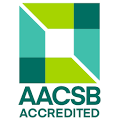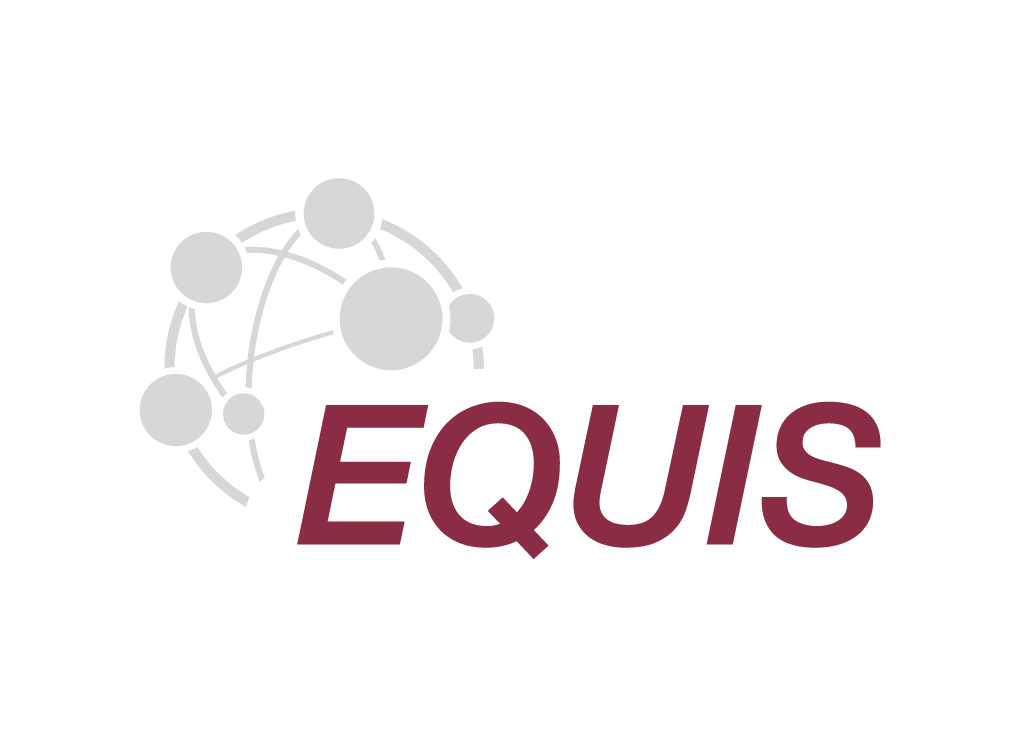#Week 10:
We thought of giving you time to ponder on this thought over the weekend. Today’s Thursday (Friday) Thought is… How is your leadership contributing to the translation of vision at your Organisation into reality?

AACSB significantly updated its Business Accreditation Standards in 2020. It issues annual amendments and updates – usually on 1 July.
QED’s overview of the updates made as part of the 2024 publication, together with an assessment of the significance of the change can be found in this downloadable PDF file.
The updates reflect clarification and additional explanation – particularly linked to Standards 3, 5 and 8. These should not provide any significant change for schools. However, as always, QED recommends that all schools within an AACSB accreditation process (whether initial or renewal) should review and ensure they have understood the changes and clarifications – particularly to ensure the updates do not highlight any potential internal misunderstanding of AACSB principles and standards.
NB: QED’s material represents QED’s interpretation of the AACSB Updates. We always recommend that you view the updated standards directly and we have provided links within our update document)
As above, QED’s summary of the updates across the key documents is available in this downloadable PDF file.
For advice and further details on any of the above, please contact the QED Accreditation Team at info@QEDaccreditation.com.

EFMD revises the documentation supporting EQUIS periodically. QED’s overview of the updates made as part of the 2024 publication, together with an assessment of the significance of the change can be found in this downloadable PDF file.
As usual, clarification and guidance points have been updated within the EQUIS Standards and Criteria. Two areas of the standards should be particularly noted:
The Process Manual and related Annexes have also been reviewed. Duplication has been minimised and detailed guidance has been moved to the Annexes where relevant. A cross map of this is provided in Appendix 2 and Appendix 3 below. Key areas of significance to note include:
As above, QED’s summary of the updates across the key documents is available in this downloadable PDF file.
For advice and further details on any of the above, please contact the QED Accreditation Team at info@QEDaccreditation.com.

Joanne Powell, a seasoned expert in business school accreditation and continuous improvement and also the Head of Accreditation Services at QED Accreditation, brings her extensive experience in education and advisory services to this white paper. Her co-author, Nizar Becheikh, is an associate professor with a robust background in strategy and innovation management. Together, they provide a comprehensive and authoritative perspective on the AABS accreditation process.
The white paper “AABS Accreditation Unveiled: A Comparative Analysis and Uniqueness” is an essential read for stakeholders in the African business education sector. It not only highlights the unique strengths of the AABS accreditation but also offers valuable insights into how African BHE institutions can leverage this accreditation to achieve excellence and make a lasting impact on their communities.
A downloadable copy of the white paper can be found here.
For advice and further details on any of the above, please contact the QED Accreditation Team at info@QEDaccreditation.com.
Recent Comments